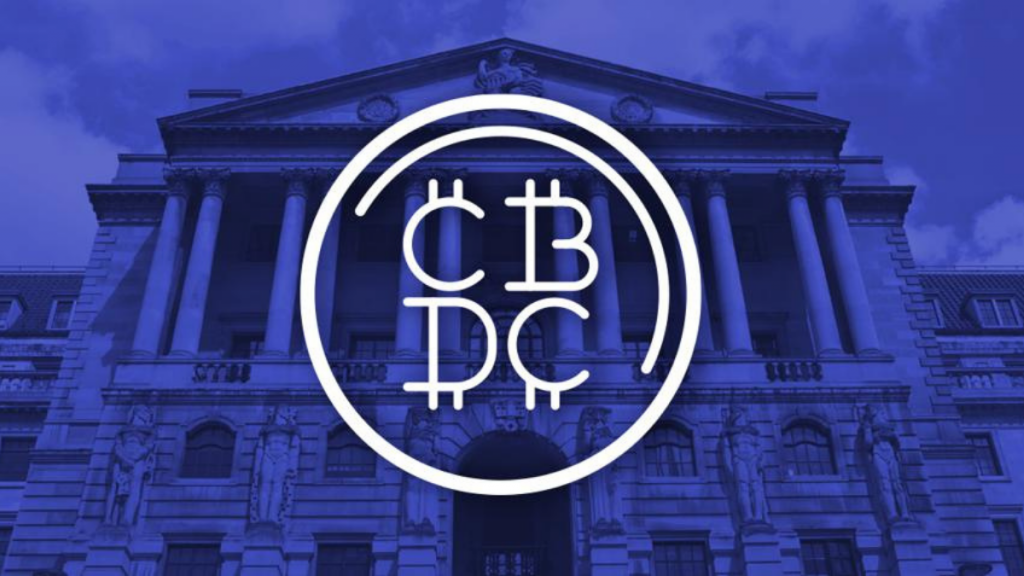UAE Set to Launch Digital Dirham in Late 2025, Paving the Way for CBDC Adoption
30.03.2025 19:00 2 min. read Alexander Zdravkov
The United Arab Emirates is set to launch its digital dirham, a central bank digital currency (CBDC), by the fourth quarter of 2025.
Central Bank of the UAE Governor, Khaled Mohamed Balama, shared that the blockchain-based currency will play a significant role in enhancing financial stability and curbing financial crimes. The digital dirham is expected to be integrated into the retail sector and will be accepted alongside the physical dirham in various payment channels.
Balama highlighted that the introduction of the digital dirham would foster the development of innovative digital products, streamline services, and create new business models, all while lowering costs and expanding access to global markets.
Additionally, the digital currency has been rebranded with a new symbol, featuring the letter “D” representing the dirham, paired with two horizontal lines inspired by the UAE flag, symbolizing the currency’s stability.
READ MORE:

Economist Peter Schiff Criticizes Bitcoin’s “Digital Gold” Claim as Market Pressures Mount
This move follows the UAE’s earlier steps to regulate stablecoins. In June 2024, the Central Bank of the UAE approved a framework for issuing stablecoins, which paved the way for the creation of dirham-backed stablecoins. Tether, a major stablecoin issuer, announced its collaboration with local firms Phoenix Group and Green Acorn Investments to introduce a stablecoin tied to the UAE dirham. Another player, AED Stablecoin, received approval to issue a regulated dirham-pegged stablecoin.
Other international stablecoins, such as USDC and EURC, have also found a foothold in the UAE, with recognition from the Dubai Financial Services Authority. Meanwhile, Ripple continues to explore the UAE’s stablecoin regulations, with its RLUSD stablecoin already available in the region.
-
1
Dubai Approves First Tokenized Money Market Fund
08.07.2025 20:30 1 min. read -
2
Largest Bank in Hong Kong Explores Digital HKDollar in new project
10.07.2025 21:00 2 min. read -
3
Volkswagen Taps Solana-Based Service for Real-Time Robotaxi Navigation
09.07.2025 8:01 2 min. read -
4
Emirates to Integrate Crypto.com Pay in 2025: A New Era of Airline Payments
09.07.2025 15:08 2 min. read -
5
Alibaba Founder-Backed Ant Group to Integrate USDC Stablecoin
10.07.2025 13:30 2 min. read
Binance Introduces First Bonding Curve-based Token Launch With Four.Meme Collaboration
Binance has unveiled an innovative Token Generation Event (TGE) model powered by a bonding curve pricing mechanism, launching exclusively through Binance Wallet in collaboration with meme-centric project Four.Meme.
Largest Bank in Hong Kong Explores Digital HKDollar in new project
HSBC took a major step in digital currency innovation by concluding experimental trials under the HKMA’s Project e-HKD+.
Alibaba Founder-Backed Ant Group to Integrate USDC Stablecoin
Ant Group’s international arm, backed by Alibaba founder Jack Ma, is preparing to integrate Circle’s USDC stablecoin into its proprietary blockchain payment network.
Emirates to Integrate Crypto.com Pay in 2025: A New Era of Airline Payments
Emirates Airline has taken a bold step toward embracing digital finance by signing a Memorandum of Understanding (MoU) with leading cryptocurrency platform Crypto.com.
-
1
Dubai Approves First Tokenized Money Market Fund
08.07.2025 20:30 1 min. read -
2
Largest Bank in Hong Kong Explores Digital HKDollar in new project
10.07.2025 21:00 2 min. read -
3
Volkswagen Taps Solana-Based Service for Real-Time Robotaxi Navigation
09.07.2025 8:01 2 min. read -
4
Emirates to Integrate Crypto.com Pay in 2025: A New Era of Airline Payments
09.07.2025 15:08 2 min. read -
5
Alibaba Founder-Backed Ant Group to Integrate USDC Stablecoin
10.07.2025 13:30 2 min. read

